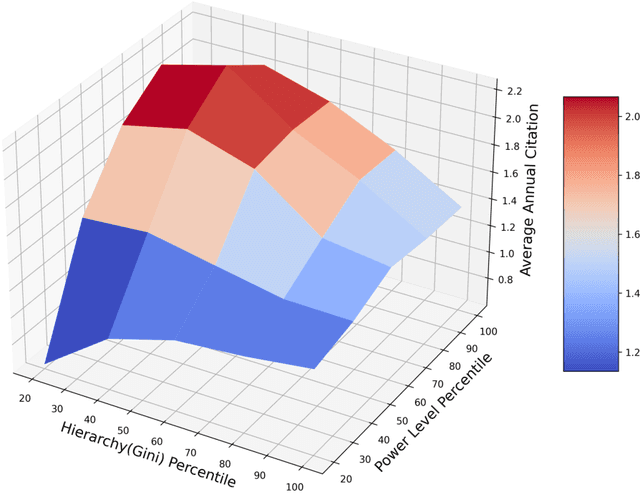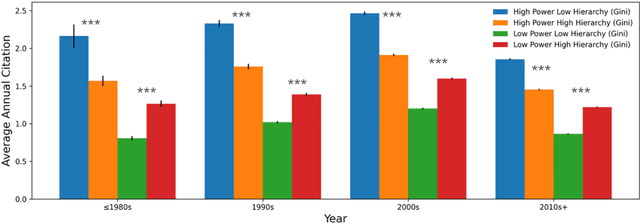Eduardo Salas
Socratic: Enhancing Human Teamwork via AI-enabled Coaching
Feb 24, 2025Abstract:Coaches are vital for effective collaboration, but cost and resource constraints often limit their availability during real-world tasks. This limitation poses serious challenges in life-critical domains that rely on effective teamwork, such as healthcare and disaster response. To address this gap, we propose and realize an innovative application of AI: task-time team coaching. Specifically, we introduce Socratic, a novel AI system that complements human coaches by providing real-time guidance during task execution. Socratic monitors team behavior, detects misalignments in team members' shared understanding, and delivers automated interventions to improve team performance. We validated Socratic through two human subject experiments involving dyadic collaboration. The results demonstrate that the system significantly enhances team performance with minimal interventions. Participants also perceived Socratic as helpful and trustworthy, supporting its potential for adoption. Our findings also suggest promising directions both for AI research and its practical applications to enhance human teamwork.
Team Power and Hierarchy: Understanding Team Success
Aug 09, 2021



Abstract:Teamwork is cooperative, participative and power sharing. In science of science, few studies have looked at the impact of team collaboration from the perspective of team power and hierarchy. This research examines in depth the relationships between team power and team success in the field of Computer Science (CS) using the DBLP dataset. Team power and hierarchy are measured using academic age and team success is quantified by citation. By analyzing 4,106,995 CS teams, we find that high power teams with flat structure have the best performance. On the contrary, low-power teams with hierarchical structure is a facilitator of team performance. These results are consistent across different time periods and team sizes.
 Add to Chrome
Add to Chrome Add to Firefox
Add to Firefox Add to Edge
Add to Edge